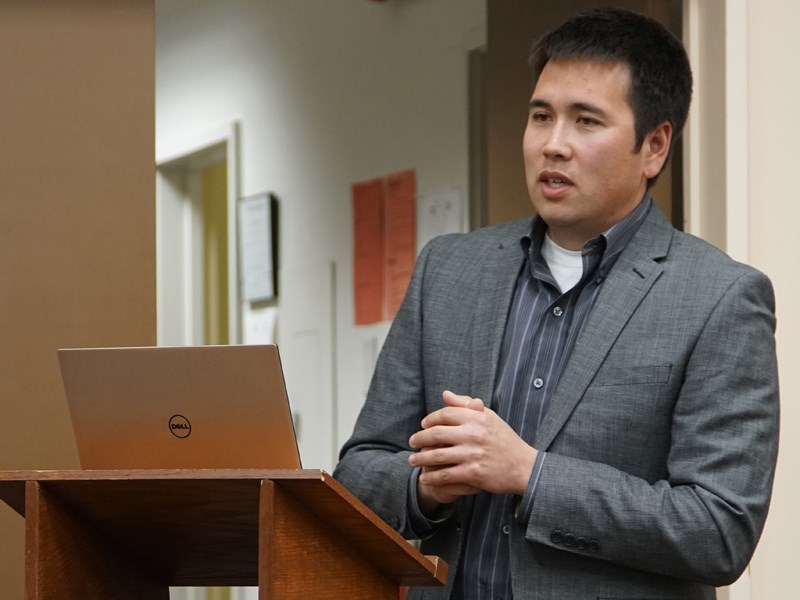City of Powell River will consider a short-term borrowing bylaw as a hedge against unanticipated financial circumstances.
At the March 26 city council meeting, chief financial officer Adam Langenmaier said a revenue anticipation borrowing bylaw is a bylaw that a municipality can pass to aid in cash flow issues between January and when taxation money is collected in July.
Langenmaier said prior to the events unfolding with COVID-19, he was not recommending bringing this bylaw forward because the city is in a fairly liquid state. He said the city had reasonable cash to get through.
“With the possibility of people not being able to pay their property taxes this year and what’s going on in the world right now, I want to bring an option forward to council with a recommendation to adopt a revenue anticipation borrowing bylaw in the event that we don’t see cash coming in at the normal property tax collection time,” said Langenmaier. “This is something we might not be able to react to quickly without this type of bylaw.”
In a staff report to council, Langenmaier stated that the Community Charter grants municipalities the ability to access short-term borrowing based upon the current year’s anticipated taxation revenue to be received by the July tax deadline. He added that this short-term borrowing is similar to a payroll advance, as the intention is to ensure liquidity in the months preceding the tax deadline.
“Once the municipality has collected its taxes after the July deadline, the money borrowed under the revenue anticipation borrowing bylaw is repaid,” stated Langenmaier. “The borrowing is not intended to last longer than a few months.”
Langenmaier stated in his report that the maximum amount of borrowing allowed for revenue anticipation borrowing is 75 per cent of all property taxes imposed for all purposes in the preceding year. The 75 per cent of the 2019 tax levy would amount to $13,711,445 in allowable borrowing, according to Langenmaier. The bylaw amount requesting $13,500,000 is below the limit imposed under the Community Charter.
“The city is not required to borrow any of the funds if it is deemed unnecessary, however it is prudent to put the adequate measure in place if some unforeseen issue arises,” stated Langenmaier.
He added that the probability of the city needing to access the maximum borrowing is low, and interest is only charged on amounts the city borrows, not on the total maximum authorized under the bylaw.
If the city does not access any borrowing under the revenue anticipation borrowing bylaw, no fees charges or interest would be incurred, stated Langenmaier.
Council voted to refer the matter to its April 2 meeting for first readings of the bylaw.



